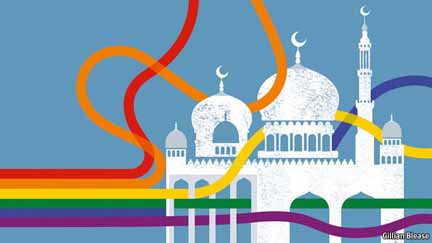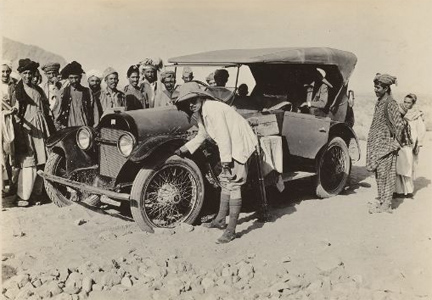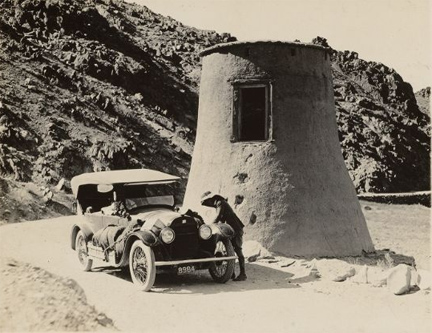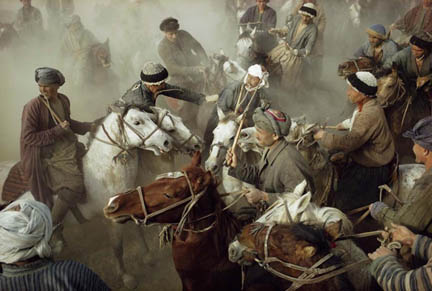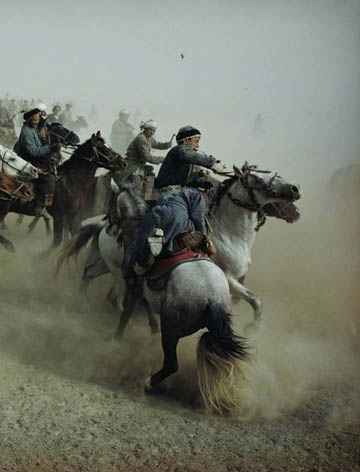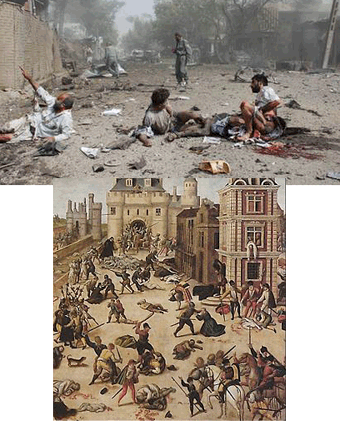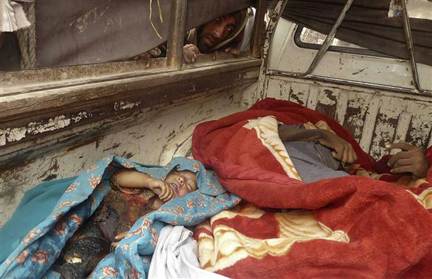
An Afghan man looks over the dead bodies of people killed by coalition forces in Kandahar province, March 11, 2012. Afghanistan’s defence ministry said coalition forces killed 15 civilians in a shooting spree in Kandahar province on Sunday.
Photograph by: AHMAD NADEEM, REUTERS
The senseless killing of more than a dozen Afghan villagers, while they slept, by a U.S. soldier has captured the headlines worldwide. Many of these headlines are variants of “In Afghan Civilian Killing Rampage, U.S. Soldier May Have Gone ‘Berserk'” The choice of “berserk” to describe this act is telling, since the word itself derives from old Norsk in reference to, as the OED puts it, “A wild Norse warrior, who fought with frenzied fury.” In the Norse legend, however, the warrior had a cause, while the Rambo-rampage here was a solo act, a random act as far as war strategy is concerned. The explanation that immediately comes to mind is that he “lost his marbles,” perhaps because those marbles had been jostled too many times during his three tours in Iraq.
A few days ago a court in Norway ruled that Anders Behring Breivik, “the 33-year-old right-wing extremist psychotic,” as USA Today terms him, might go to a psychiatric ward rather than prison for his “bomb and shooting rampage” that left 77 people, many who were young people, dead. News reports also labeled Breivik as someone “gone berserk.” But neither in Norway nor Kandahar do the men who aimed their guns at innocent victims demonstrate any kind of courage in the “just war” alibi. The old Norse warrior Berserk exuded raw courage, battling without armor and with the intensity of a bear or wolf. Of course, he was not a good man, having killed his wife after she delivered 12 sons (or so we are told in legend), but his battle-axe was aimed at fellow warriors, not sleeping children. One can understand, even if it is hard to appreciate, the fury of a battle, when blood runs hot as it is slashed out of bodies in hand-to-hand combat. But is “berserk” really the right word for deliberate singling out of men, women and children that in all normality are innocent? Continue reading Berserk, Breivik and Barzakh
